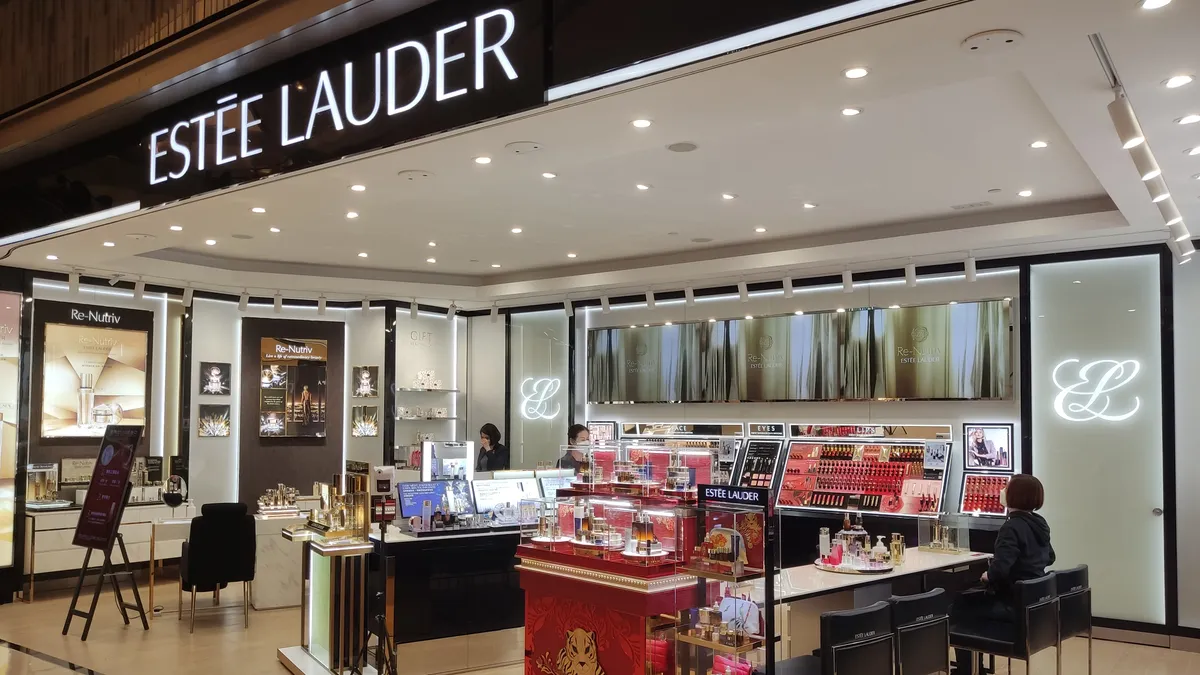Dive Brief:
-
The Estée Lauder Companies Monday said it doesn’t endorse an unsolicited tender offer for $83.65 per share from investment firm TRC Capital Investment Corporation. The cash proposal to buy up to 1.5 million shares of Class A common stock, or about 0.64% of those shares, is known as a “mini-tender offer” because the stake is under 5%, per the U.S. Securities and Exchange Commission.
-
The luxury company said it’s “in no way associated with TRC, its mini-tender offer, or the mini-tender offer documents;” advised shareholders who haven’t yet responded to “take no action;” and said shareholders should otherwise consult with a financial adviser “and exercise caution.”
-
When reached by phone, Lorne Albaum, TRC’s sole proprietor, acknowledged that, as Estée Lauder warns in its release, the offer is below Monday’s share price, but said it was above the share price when it was initiated “a couple days ago.” TRC has no plans to raise its bid, however, according to Albaum.
Dive Insight:
The SEC has long warned that mini-tender offers were “increasingly used to catch investors off guard.”
TRC has a track record of such offers to the shareholders of a variety of companies.
The below-5% threshold allows the entity making a mini-tender offer to avoid the kind of disclosures and other requirements necessary for larger deals, Estée Lauder noted in a press release Monday, in which it also referred shareholders to the SEC’s information on such moves.
“Many investors who hear about mini-tender offers surrender their securities without investigating the offer, assuming that the price offered includes the premium usually present in larger, traditional tender offers,” the SEC warned in a 2008 memo. “But they later learn that they cannot withdraw from the offer and may end up selling their securities at below-market prices.”
According to Estée Lauder’s press release, TRC’s offer does include a provision where “stockholders who have already tendered their shares may withdraw them by providing the notice described in the documents," prior to the offer’s Oct. 9 expiration date.
TRC has discretion to extend the expiration date, Estée Lauder said.
The proposal is aimed at larger institutional investors and others “that have large positions and don't want to create any market disruptions” and shareholders who hold “odd lots,” Albaum said.
“That is, those people are holding less than 100 shares because they can tender to me and get a better price net than they would if they would have to sell in the marketplace and have to pay commission on that,” Albaum also said. “I think Estée Lauder represents good, long-term value at these levels.”
Among other provisions, a tender offer of more than 5% requires bidders to disclose information about themselves and their terms, and provide documents to the SEC and the target company or any competition bidders. With proposals of 5% or more, shareholders are also better protected, including being able to change their minds or make their acceptance of the offer contingent on the sale price being higher that the market price, per the SEC.
“With most mini-tender offers, investors typically feel pressured to tender their shares quickly without having solid information about the offer or the people behind it,” the SEC said. “And they've been shocked to learn that they generally cannot withdraw from mini-tender offers."
















